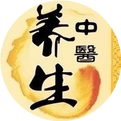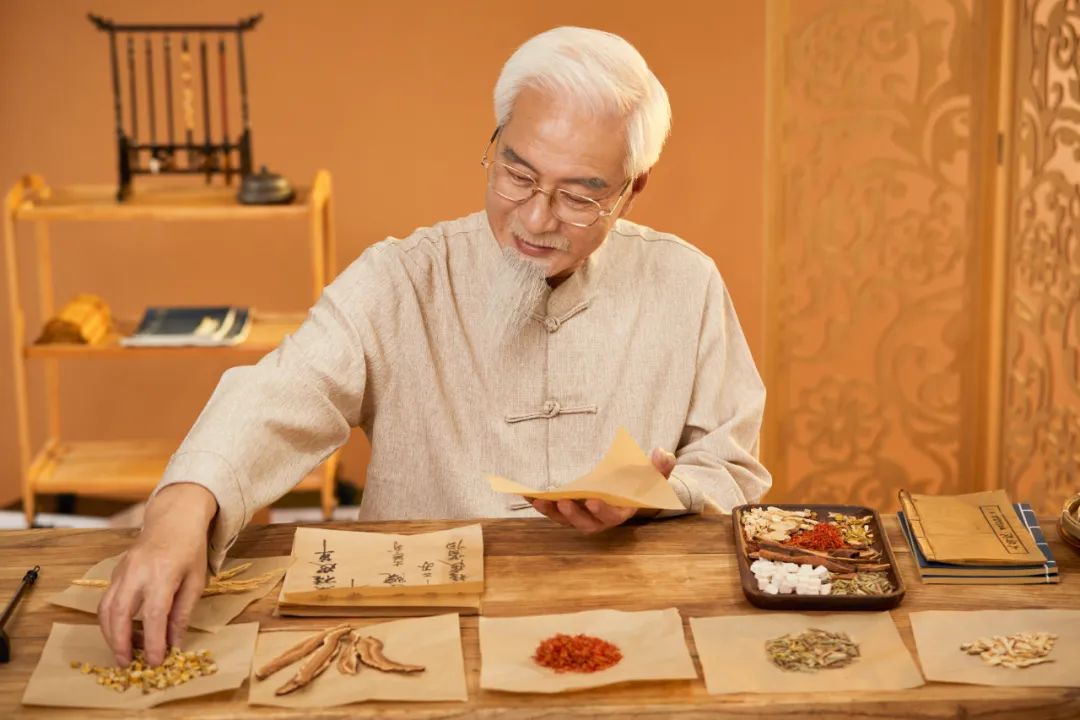


Skipping breakfast, eating irregularly for lunch, and overeating at dinner; sitting for long periods and being inactive, feeling anxious and stressed when under pressure…
Life is getting better, but the spleen and stomach are getting worse.
How can one determine if the spleen and stomach are healthy? How to scientifically care for the spleen and stomach in daily life? Traditional Chinese Medicine (TCM) teaches you how to nourish a healthy spleen and stomach.


 What are the symptoms of poor spleen and stomach health?
What are the symptoms of poor spleen and stomach health?


The symptoms of spleen and stomach issues can be summarized in eight words: poor appetite, abdominal distension, diarrhea, and loose stools. This means a lack of desire to eat, food not tasting good; no bloating when not eating, but feeling bloated after eating a little; diarrhea, where water and stool can be separated is called “diarrhea,” while water and stool mixed together is called “loose stools.”
If you notice any of these symptoms, you should suspect that there may be a problem with your spleen and stomach and seek medical attention promptly. Additionally, by carefully observing skin color, facial features, and lifestyle, one can also identify spleen and stomach issues; it is advisable to conduct a self-check.
1Yellow complexion
A dull yellow complexion may indicate spleen deficiency, primarily manifested as poor appetite, abdominal bloating after meals, and symptoms of diarrhea or loose stools. If not treated in time, the complexion may gradually turn “withered yellow,” meaning the cheeks become yellow and the person appears emaciated; this is due to insufficient spleen qi and body fluids, which cannot provide adequate nutrition. In contrast, “yellow and swollen” refers to a yellow complexion with edema.
2Dull nose tip
Touching the tip of the nose reveals a small pit; this pit is the center of the area that reflects the physiological function and pathological changes of the spleen most clearly. If the nose tip is red, it indicates heat in the spleen and stomach, characterized by a strong appetite but easy hunger after eating, poor digestion and absorption, and a bitter, sticky mouth.
3Pale, dry lips
The “Huangdi Neijing” states, “The lips are the orifice of the spleen,” meaning that issues with the spleen and stomach will manifest on the lips. Generally, a person with good spleen and stomach health will have rosy, moist, and smooth lips. Conversely, if a person’s lips are dry, peeling, and colorless, it indicates poor spleen and stomach health.
4Salivating during sleep
The “Huangdi Neijing” also states, “The spleen governs saliva,” which is an external manifestation of spleen water and qi. When a person’s spleen qi is sufficient, saliva can be properly transported, aiding in swallowing and digestion, and will remain in the mouth without overflowing. Once spleen qi is weak, the saliva will not behave properly, leading to drooling during sleep. If you often drool unconsciously, consider strengthening the spleen for adjustment.
5Constipation
Under normal circumstances, the water consumed is transformed by the spleen and stomach into body fluids for various organs. If the spleen and stomach’s transformation ability is weakened, it will lead to insufficient large intestine motility, resulting in functional constipation.
6Poor sleep
As the saying goes, “If the stomach is not harmonious, sleep will be disturbed.” People with poor spleen and stomach health will also experience reduced sleep quality, with difficulties falling asleep, waking up frequently, and having vivid dreams.
7Poor mental state
Abnormal spleen and stomach transformation can easily lead to forgetfulness, palpitations, and sluggish responses. Conversely, a well-functioning spleen and stomach can nourish the brain, leading to clarity of mind, abundant energy, and quick thinking.

 Eight Secret Remedies for a Healthy Spleen and Stomach
Eight Secret Remedies for a Healthy Spleen and Stomach

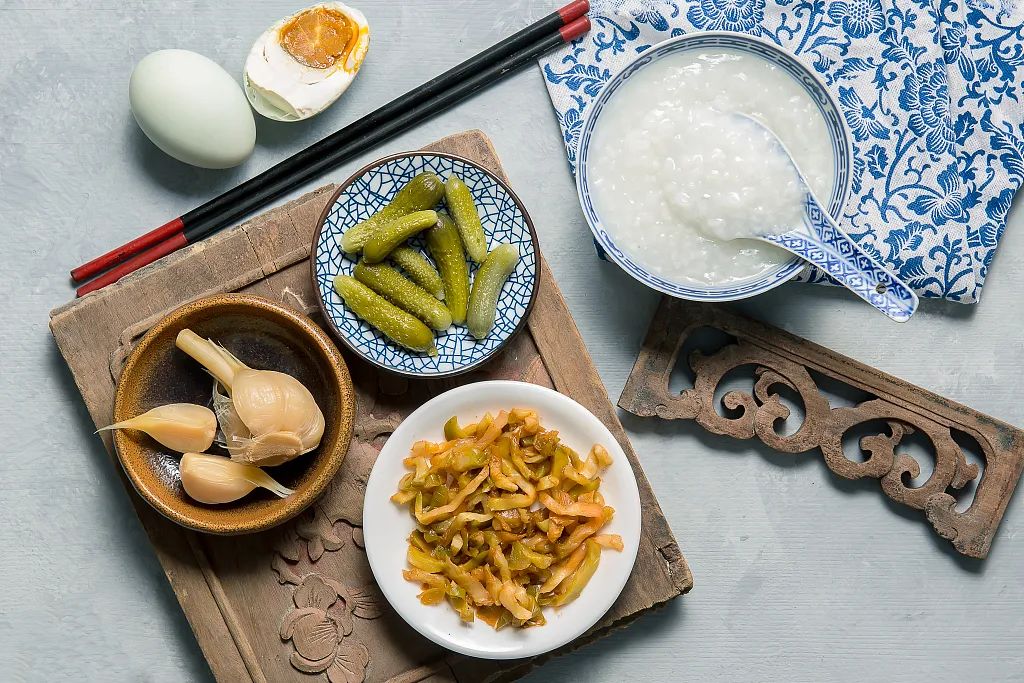
If longevity is likened to building a house, protecting the spleen and stomach is like laying the foundation; if the foundation is not solid, no amount of nutritional supplements or health products will be effective. However, nourishing the spleen and stomach is not a one-day task; it requires healthy lifestyle habits and health knowledge. Therefore, TCM provides the following methods.
1Regular diet, fixed times and portions, chew slowly
This is the first step in caring for the spleen and stomach, especially for those with pre-existing stomach issues, who should avoid spicy, stimulating, and cold foods. Additionally, it is important to eat at regular times, avoid wolfing down food, and do not eat while standing or walking; discussions or arguments should be avoided during meals.

2Massage the nose tip
Massaging the nose tip for about 20 minutes can improve symptoms such as stomach bloating.

3Regularly pronounce the sound “hu”
This can cultivate spleen qi and is beneficial for alleviating spleen deficiency, abdominal distension, spleen and stomach disharmony, and loss of appetite.
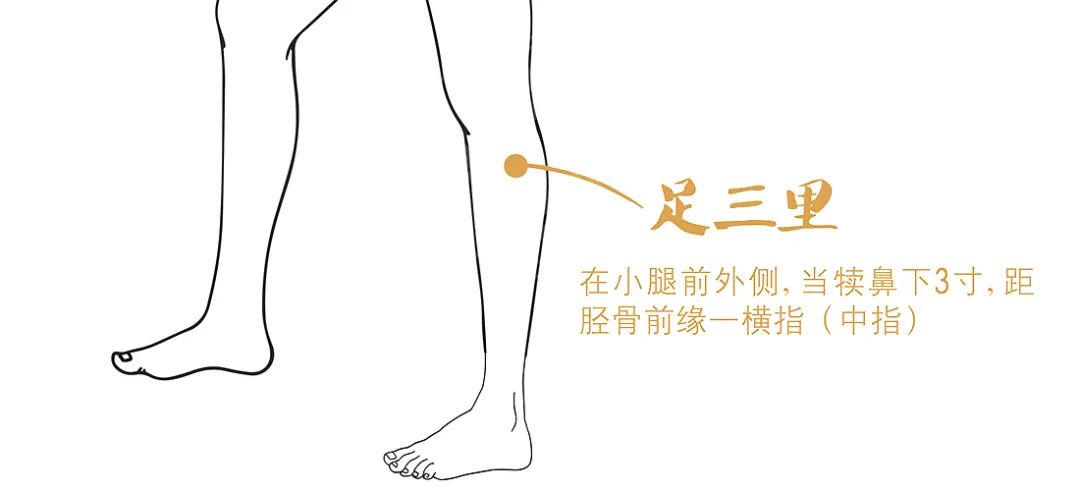
4Massage Zusanli (ST36)
Zusanli (足三里) (located 3 inches below the knee joint) is one of the main acupoints of the “Stomach Meridian of the Foot Yangming.” Massaging this point 50-100 times daily can strengthen the spleen and stomach, regulate qi, and promote circulation, suitable for various types of spleen and stomach disorders.
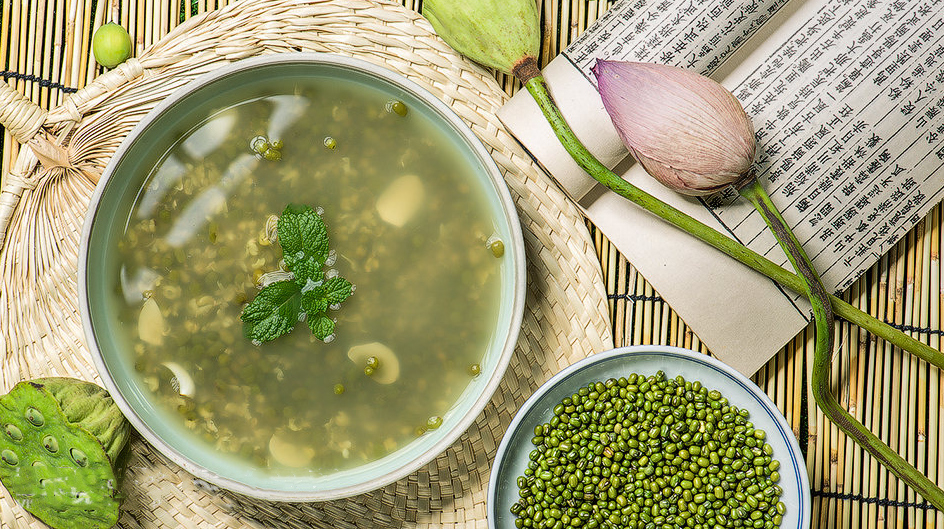
5Eat the right foods
Foods such as mung beans, lotus seeds, loofah, dried tangerine peel, duck meat, and crucian carp can be beneficial.
Additionally, porridge made from coix seed, poria (Fu Ling), and japonica rice can nourish the spleen and stomach. Those prone to constipation should reduce prolonged sitting, eat more leafy vegetables, and increase dietary fiber intake.

6Massage the navel
Place one palm or the palm base on the navel, and use the other hand to press down, rotating clockwise for about 5 minutes, once or twice daily. This method can warm yang, disperse cold, tonify qi and blood, strengthen the spleen and stomach, and aid digestion.
Alternatively, place both hands on either side of the navel and rub up and down until warmth is felt; those with stomach bloating or abdominal pain can try this 2-5 times daily.
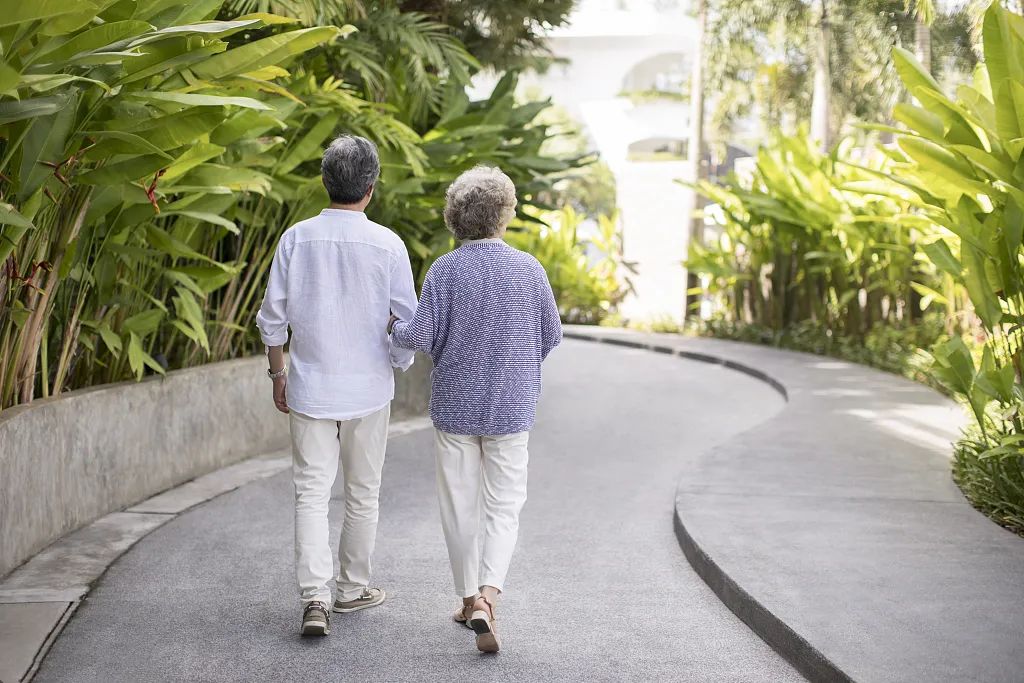
7Walk slowly after meals
TCM holds the view that “movement aids the spleen”; walking after meals helps enhance spleen and stomach function and promotes digestion.
However, “after meals” does not mean to start walking immediately after eating; one should rest for at least 10 minutes before doing so. If one has overeaten, the rest period should be extended, and vigorous exercise should be avoided within half an hour after eating.

8Laughter is the best gift for the spleen and stomach
When a person is angry, resentful, or anxious, the stomach, like the face, becomes congested and red; when a person is sad, depressed, or melancholic, the stomach turns pale, with insufficient gastric juice secretion and reduced activity.
TCM also believes that negative emotions can affect the liver’s regulatory function, which in turn affects the spleen and stomach. Thus, learning to laugh is the best gift for the spleen and stomach.

 Seasonal Care for the Spleen and Stomach
Seasonal Care for the Spleen and Stomach

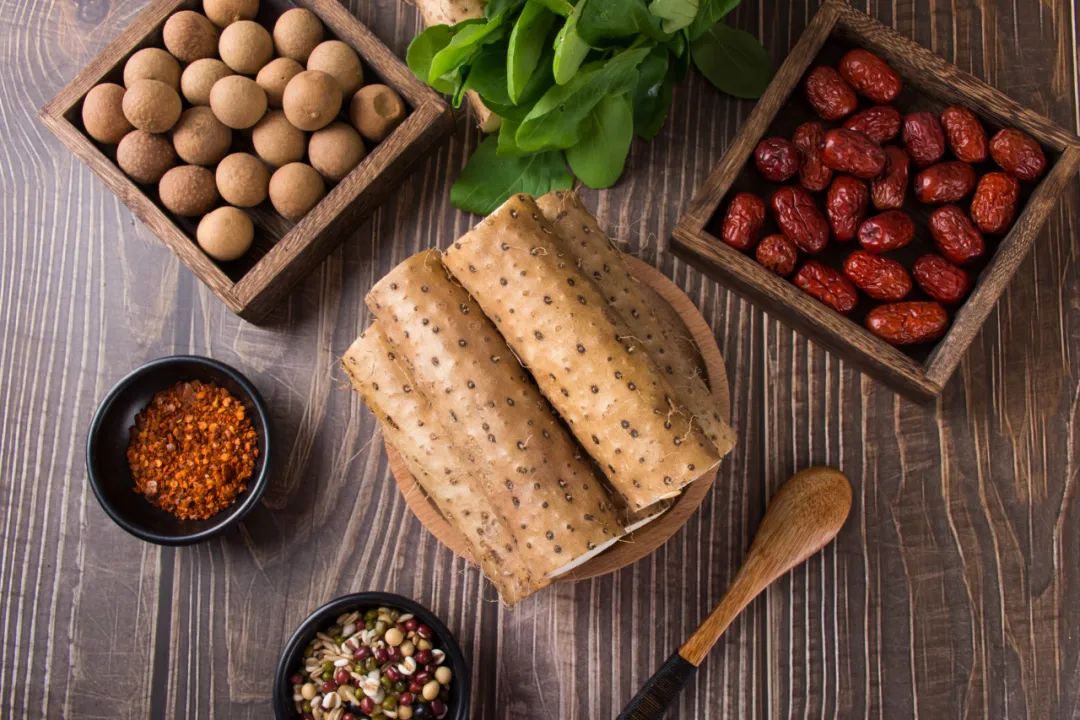
In spring, eat less sour and more sweet foods, such as yam, bananas, and jujubes, to nourish the spleen qi. In summer, due to heavy humidity, eat more legumes to strengthen the spleen and eliminate dampness, while avoiding rain and excessive cooling. From the beginning of autumn, consume more porridge, as it is the best for nourishing the spleen. In winter, the cold can easily stimulate increased gastric acid secretion; it is best to sleep early and rise late, and get more sunlight to keep the body warm, which is the best way to protect the spleen and stomach.
The above is for reference only; please consult a physician for guidance on adjustments.
Reviewed by: Pharmacist Lu
Edited by: Sanqi Xiaomei
Return to the main pageReply to any of the keywords
to view the corresponding articles
| Back Diagnosis | Face Diagnosis | Tongue Diagnosis | Sweat Diagnosis | Eye Diagnosis | Differentiation |
| Gua Sha | Cupping | Moxibustion | Acupressure | Foot Therapy | Meditation |
| Tapping | Stretching | Veins | Nails | Acne | Stones |
| Liver Cirrhosis | Home Feng Shui | Sanfu Paste | Vinegar-Pickled Eggs |
| Tips | Tests | Winter Disease Summer Treatment | Self-Healing |

